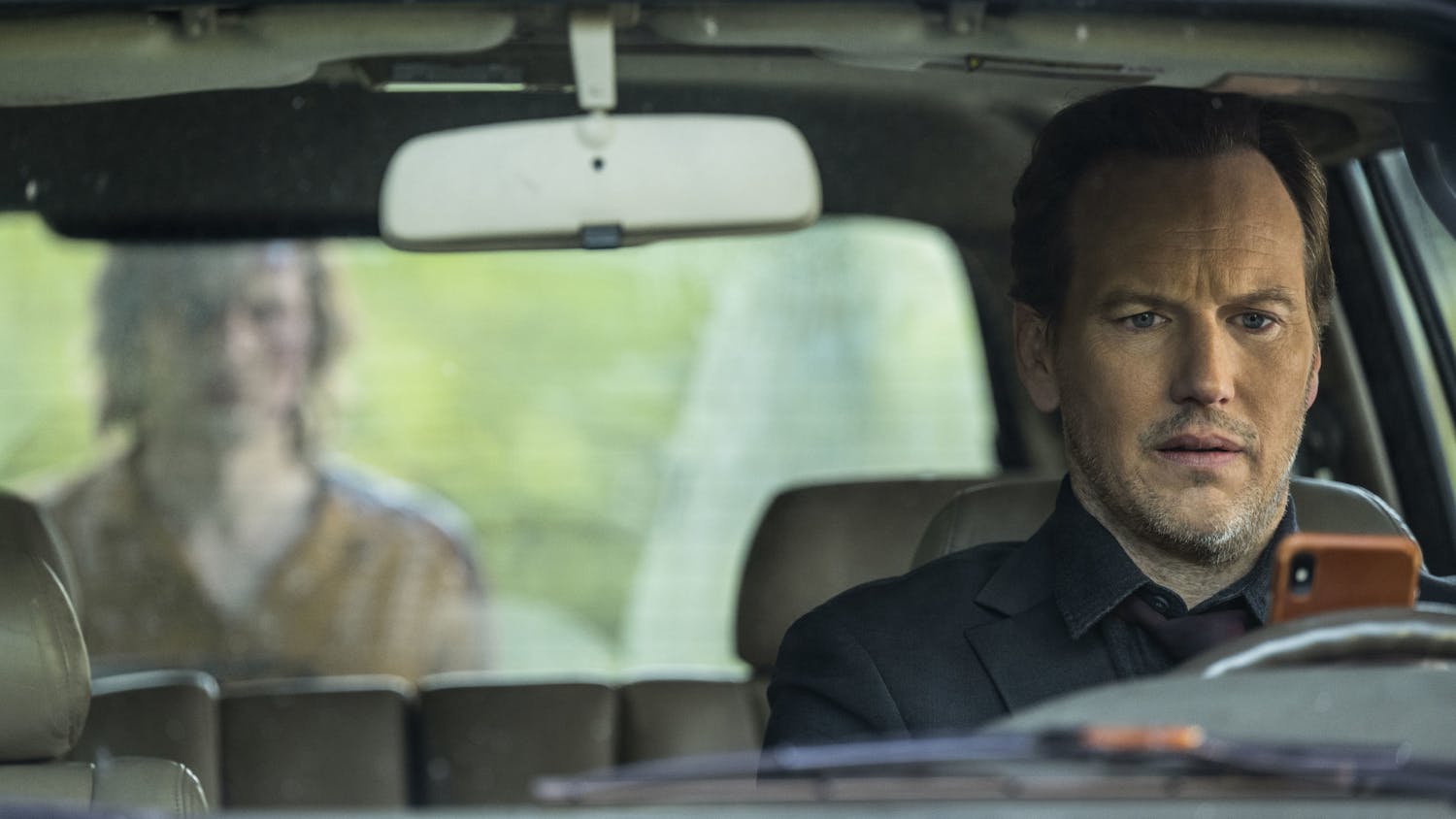Tom Cruise gets a bad rap.
Yes, he occasionally leaps about on Oprah’s couch and practices an outlandish religion, but the man carries an action flick like nobody’s business. His performances in franchises like the “Mission: Impossible” films elude the credit they deserve because we can’t shake the media-saturated persona we’ve come to associate with Cruise.
The same goes for “Oblivion;” half the movie wouldn’t work if he weren’t our leading man.
“Oblivion” opens with a long and over-explanatory monologue in which we’re told that Earth is now desolate due to a war with an alien race. Cruise’s Jack Harper and his companion Victoria (played by the radiant Andrea Riseborough) still remain on Earth repairing the drones that protect the planet from battle-hungry aliens. But in classic experimental sci-fi form, things are hardly what they seem.
Director Joseph Kosinski, who did similarly bland work on 2010’s “TRON: Legacy,” paints “Oblivion” with engaging hues of blue, white and grey.
You can’t contradict that the film is lavishly mounted and produced. The postwar Earth is a beauty, which may or may not make sense depending on how hard you think about it. But the script is so overtly cookie-cutter and thin that thinking won’t be to your advantage here.
But no fear--there are a few action sequences to cut up the digital landscape porn.
Disappointingly, they’re shot through the viewpoint of an excessively stimulated video game. This method isn’t always ineffective, but you’ll end up feeling as if you’re being forced to watch instead of getting to play for yourself. Luckily, the action is carried by stellar musical compositions from the French electronic band M83. Their score vibrates with the same intensity John Williams brought to the Star Wars franchise.
The twists and turns are stirring, but unfortunately they’ve been done much more effectively in the past. It isn’t as if “Oblivion” has nothing to offer, but I’d recommend saving yourself a few bucks and watching Duncan Jones’ “Moon” instead. The concepts are practically mirror images of one another, but “Moon” offers the psychological narrative “Oblivion” rigorously lacks.
By Dane McDonald
"Oblivion:" Oblivious to substance

Get stories like this in your inbox
Subscribe




